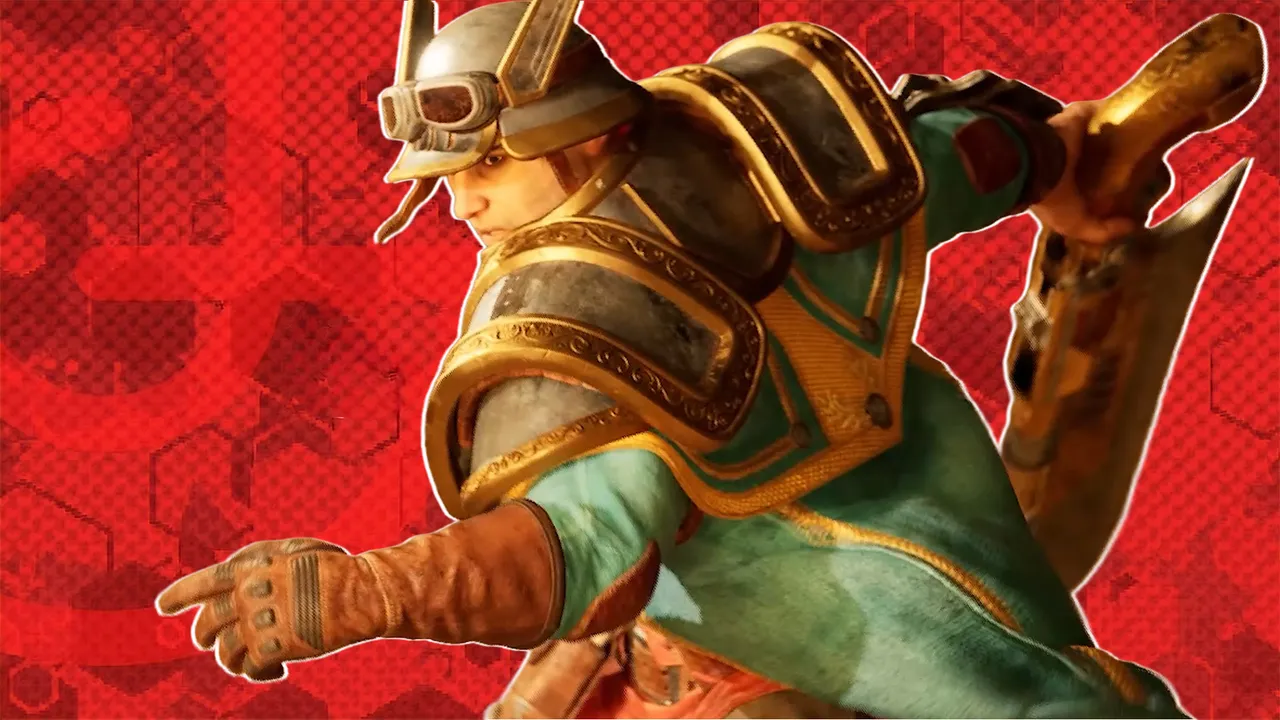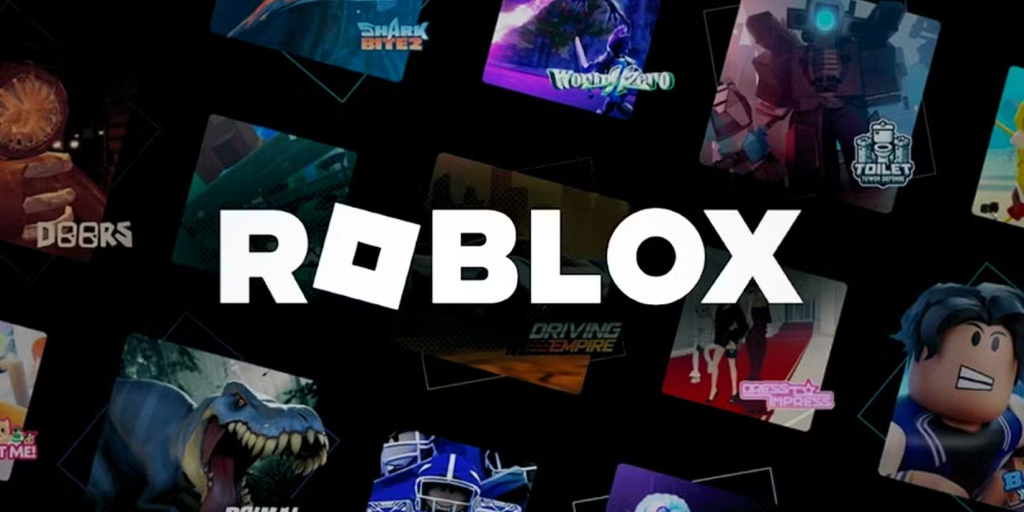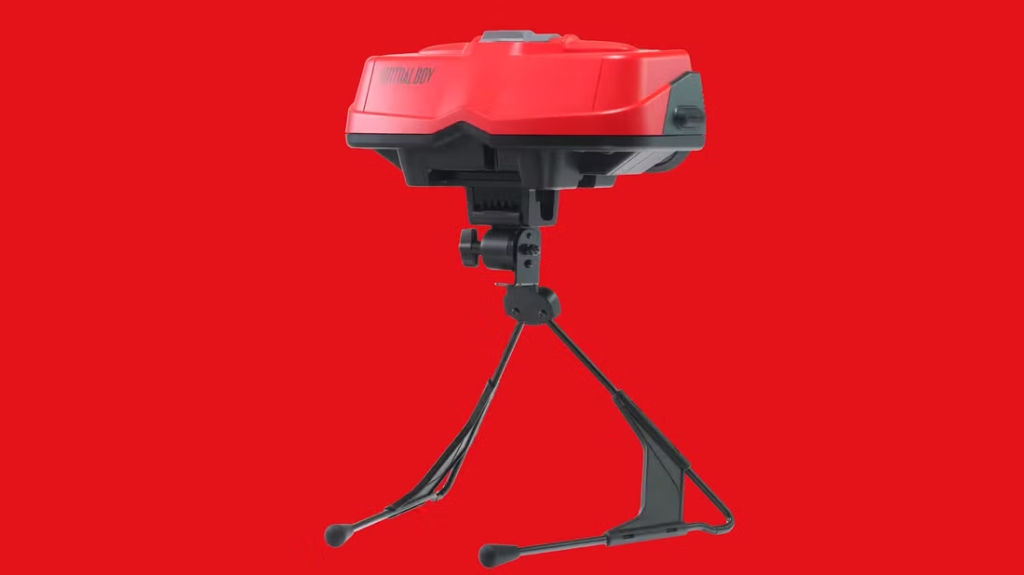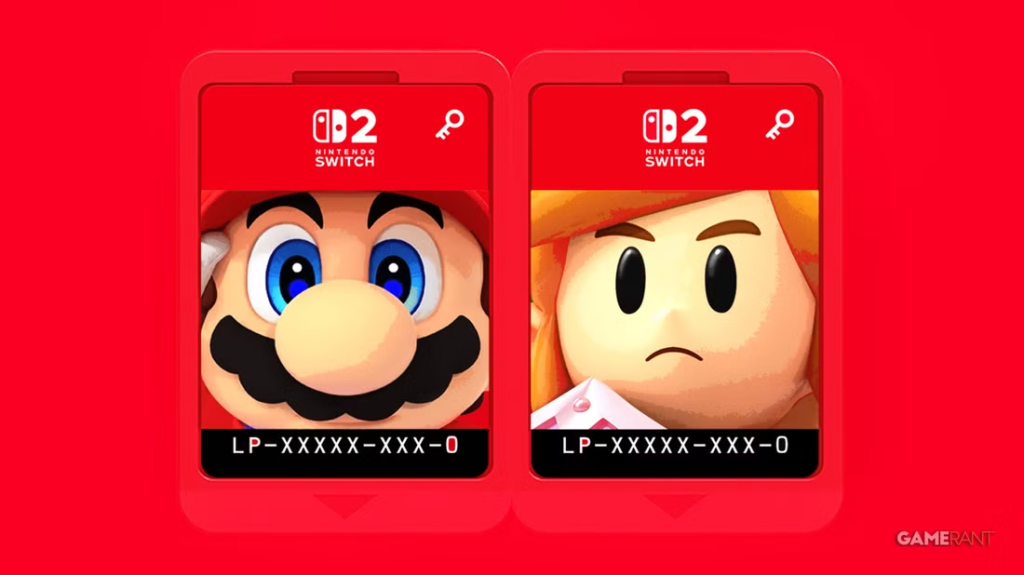High Voltage Software Finds New Purpose with Original Game Development
High Voltage Software, the Chicago-based studio acquired by Keywords Studios in 2020, has long been recognized as a reliable support partner for major publishers, contributing to projects such as Epic Games’ Fortnite. Yet in an unexpected turn, the studio is...
Đăng bởi:Ngân Anh | 08/09/25
High Voltage Software, the Chicago-based studio acquired by Keywords Studios in 2020, has long been recognized as a reliable support partner for major publishers, contributing to projects such as Epic Games’ Fortnite. Yet in an unexpected turn, the studio is stepping back into original development with Dragon Front: Adventures, a turn-based roguelike scheduled for release in 2025.
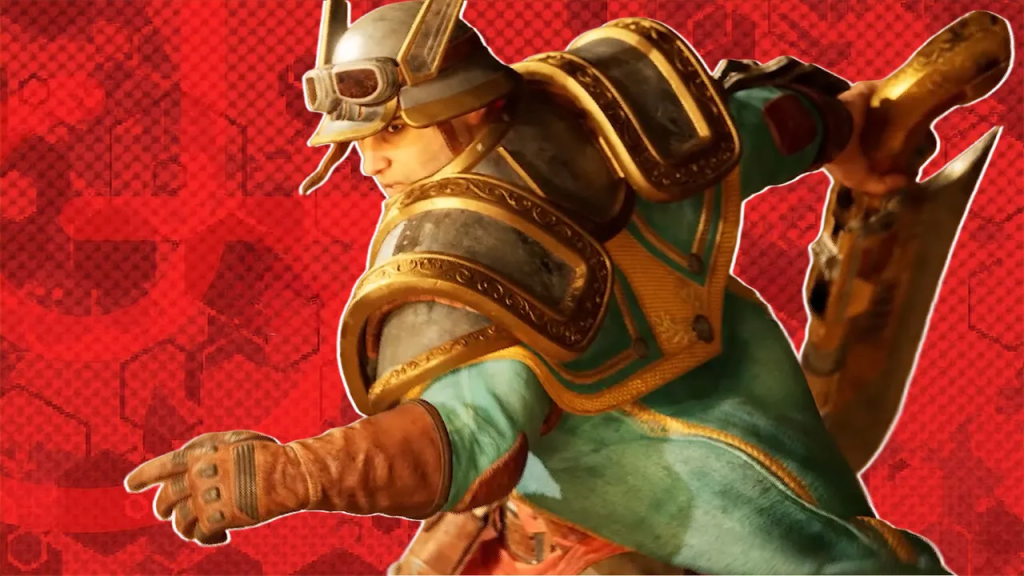
The decision to revive the Dragon Front franchise came not from a long-planned strategy, but rather from circumstance. In early 2024, several contract projects were abruptly canceled, leaving many developers at High Voltage temporarily without assignments. Instead of reducing staff or letting talent sit idle, leadership approved a self-funded project designed to keep the team active while fostering creativity. Drawing on roughly 500 unique 3D assets from the original Dragon Front, the team led by design director Micah Skarita and senior producer Keith Hladik, reimagined the series as a “tug-of-war” roguelike, a twist born from both enthusiasm for deck-building games and a desire to avoid an overcrowded market.
Developing an original title while functioning primarily as a support studio presented unique challenges. Many developers assigned to the project could be pulled away at any moment to assist on higher-priority client work. To accommodate this, the team adopted a modular design structure and welcomed “benched” talent from across Keywords’ North American network. This flexible approach allowed progress to continue without jeopardizing external commitments.
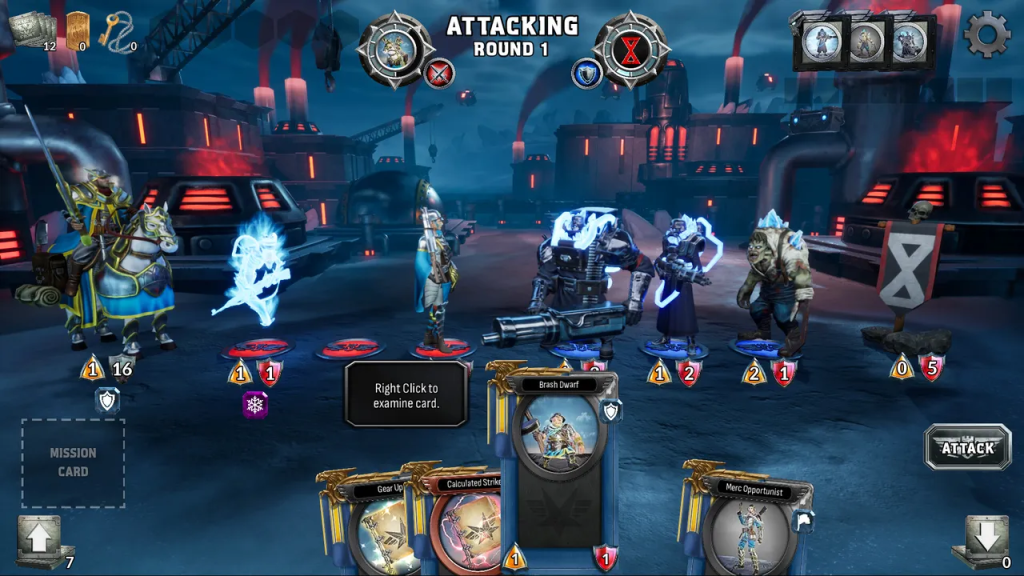
The project also created opportunities for staff to broaden their skillsets. Animators tested their abilities in lighting, concept artists took on UI and achievement design, and environment artists explored VFX. Everyone participated in regular QA playtesting. Art producer Kate Wareham exemplified this spirit of versatility, taking on responsibilities ranging from production to release management across platforms like Steam and Epic Games Store, even stepping into marketing outreach. She described the experience as one of the most rewarding aspects of the project, giving the team exposure to skills they might never have encountered otherwise.
While Dragon Front: Adventures has sparked conversations within High Voltage about further explorations of the franchise, including ideas for a potential JRPG spinoff, the studio remains firmly focused on its role as a support developer. Still, the experiment has proved invaluable. Chief executive Anthony Glueck underscored that losing creative employees is costly, and projects like these provide not only professional fulfillment but also practical retention benefits. By adopting flexible structures and modular planning, he argues, support studios can innovate without sacrificing client work.
What began as a stopgap measure to keep developers busy has grown into a model of how support studios can balance contract obligations with internal creativity. For High Voltage, Dragon Front: Adventures is more than just a return to original IP, it is a case study in how adaptability and innovation can sustain both talent and studio culture in a competitive industry.

